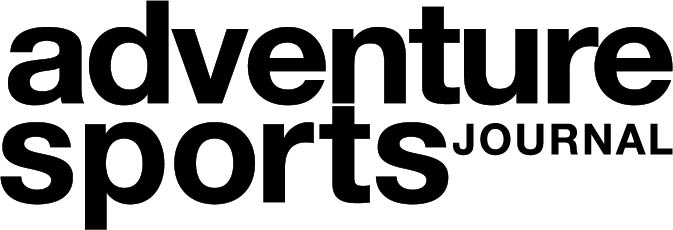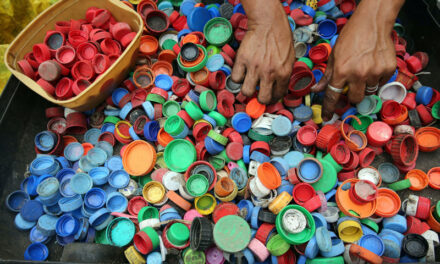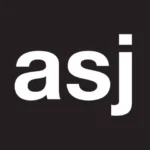- Tahoe’s Nevada Beach Tops the List of Hard-to-Book Campgrounds - 07/17/2024
- Cannabis Watershed Protection Program Cleans Up Illegal Grow Sites - 07/10/2024
- French Fire - 07/05/2024

The 1976 Toxic Substances Control Act (TSCA), enacted in 1976, is widely considered a failure. When enacted it enabled some 62,000 chemicals (many linked to hormonal, reproductive and immune problems, cancer and a plethora of environmental problems ) to escape testing. Another 22,000 untested chemicals -- found in everything from cleaning and personal care products to furniture, building materials, electronics, food and drink containers, even kids’ toys -- have come onto the market since. Photo: Comstock, courtesy Thinkstock.
What is happening to update and reform the Toxic Substances Control Act of 1976, which I understand is considerably outdated and actually permits the use of thousands of chemicals that have never been adequately tested for safety?
–Henry Huse, Norwalk, CT
According to the Natural Resources Defense Council (NRDC), a leading environmental research and advocacy organization, upwards of 80,000 chemicals commonly used in the United States have never been fully assessed for toxic impacts on human health and the environment. “Under the current law, it is almost impossible for the EPA [U.S. Environmental Protection Agency] to take regulatory action against dangerous chemicals, even those that are known to cause cancer or other serious health effects,” reports the group.
1976’s Toxic Substances Control Act (TSCA) was intended to protect people and the environment from exposure to dangerous chemicals. But the standards at that time dictated that only those chemicals deemed an “unreasonable risk” were subject to testing and regulation. When the law went into effect, some 62,000 chemicals escaped testing and most have remained on the market ever since. In the interim, however, we have learned that many of them have been linked to hormonal, reproductive and immune problems, cancer, and a plethora of environmental problems.
And since 1976, an additional 22,000 chemicals have been introduced without any testing for public or environmental safety. Some of the potentially worst offenders can be found in cleaning and personal care products, furniture, building materials, electronics, food and drink containers, and even kids’ toys.
“The law is widely considered to be a failure and, most recently, the Environmental Protection Agency’s own Inspector General found it inadequate to ensure that new chemicals are safe,” reports NRDC, which is not the only group concerned about beefing up TSCA. The Safer Chemicals, Healthy Families Coalition includes more than 200 nonprofits—including Physicians for Social Responsibility, the U.S. Public Interest Research Group (USPIRG), the Environmental Defense Fund and the Lung Cancer Alliance, among many others—representing a collective membership of more than 11 million individual parents, health professionals, advocates for people with learning and developmental disabilities, reproductive health advocates, environmentalists and businesspersons from across the country.
By banding together, coalition leaders hope to convince Congress to fix the problem by finally updating TSCA and creating the “foundation for a sound and comprehensive chemicals policy that protects public health and the environment, while restoring the luster of safety to U.S. goods in the world market.”
Specifically, the coalition is lobbying Congress to revamp TSCA so that the most dangerous chemicals are phased out or banned outright and that others are tested and regulated accordingly, all the while ensuring the public’s right-to-know about the safety and use of chemicals in everyday products. Also, the coalition is calling for federal funding to expand research into greener alternative chemicals to replace those with known health hazards.
CONTACTS: NRDC, www.nrdc.org, EPA Summary of TSCA, www.epa.gov/lawsregs/laws/tsca.html; Safer Chemicals, Healthy Families Coalition, www.saferchemicals.org.
EarthTalk® is written and edited by Roddy Scheer and Doug Moss and is a registered trademark of E – The Environmental Magazine (www.emagazine.com). Send questions to: earthtalk@emagazine.com. Subscribe: www.emagazine.com/subscribe. Free Trial Issue: www.emagazine.com/trial.













